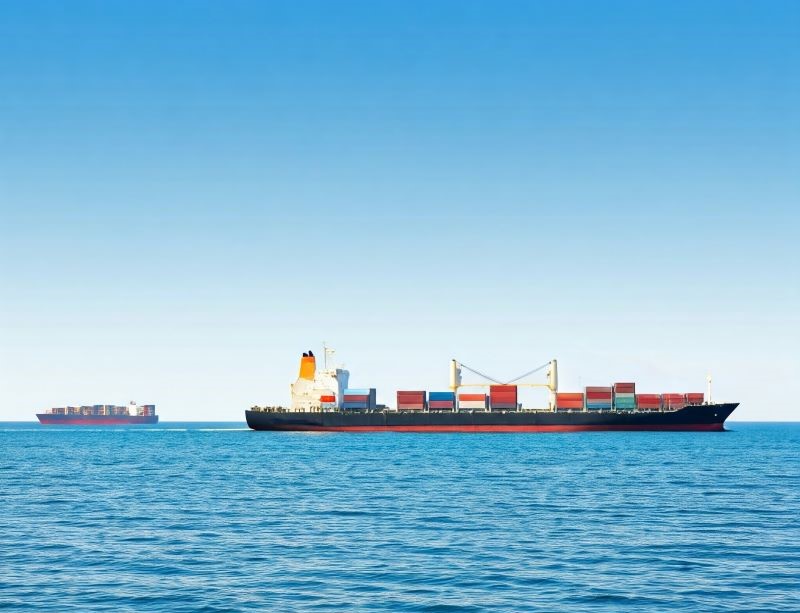Air cargo is a fast and efficient way to transport goods around the world. It is often used for high-value or time-sensitive shipments. Air cargo can also be used to transport goods to remote locations that are not easily accessible by other means of transportation.Down-to-earth right shipping agent In-depth research is the only way to pursue development. https://www.freeseaship.com/
Air Cargo: Your Global Supply Chain Accelerator(pic1)
Advantages of Air Cargo
Speed: Air cargo is the fastest way to transport goods around the world.
Reliability: Air cargo is a reliable way to transport goods, even in remote locations.
Security: Air cargo is a secure way to transport goods.
Flexibility: Air cargo can be used to transport a wide variety of goods, including perishable goods, hazardous materials, and oversized cargo.
Disadvantages of Air Cargo
Cost: Air cargo is more expensive than other modes of transportation, such as sea freight or ground transportation.
Weight restrictions: There are weight restrictions for air cargo.
Size restrictions: There are size restrictions for air cargo.
Weather delays: Air cargo can be delayed by weather conditions.
Types of Air Cargo Services
There are several different types of air cargo services available, including:
Express air cargo: Express air cargo is the fastest and most expensive type of air cargo service.
Standard air cargo: Standard air cargo is a less expensive type of air cargo service that is typically used for less time-sensitive shipments.
Consolidated air cargo: Consolidated air cargo is a type of air cargo service that is used to ship multiple shipments together in order to save on shipping costs.
Charter air cargo: Charter air cargo is a type of air cargo service that is used to ship large or oversized shipments.
How to Choose the Right Air Cargo Service
When choosing an air cargo service, it is important to consider the following factors:
Speed: How quickly do you need your goods to be delivered?
Cost: How much are you willing to spend on air cargo?
Reliability: How important is it that your goods be delivered on time?
Security: How important is it that your goods be secure?
Flexibility: What type of goods do you need to ship?
Case Studies
Here are a few case studies of how companies have used air cargo to improve their supply chains:
A pharmaceutical company used air cargo to transport a new drug to a remote location. The drug was needed to treat a deadly disease that was affecting the local population.
A manufacturer of high-value electronics used air cargo to ship its products to customers around the world. The company was able to meet its customers’ demand for fast delivery times by using air cargo.
A retailer used air cargo to ship seasonal merchandise to its stores. The retailer was able to avoid stockouts and meet customer demand by using air cargo.